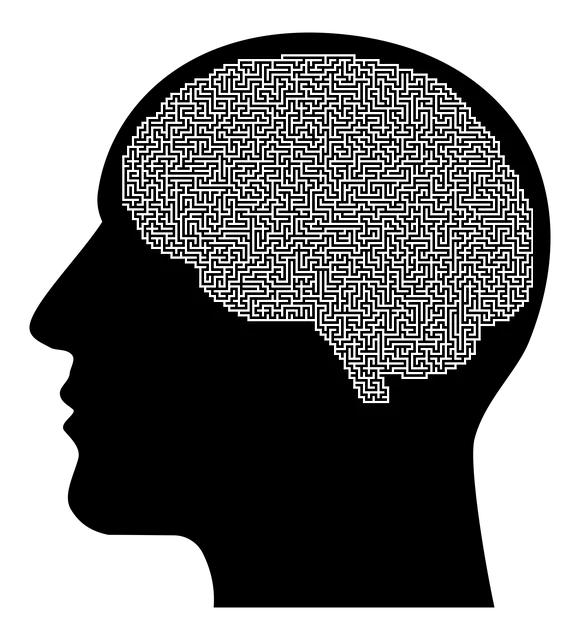Resilience, crucial for navigating life's challenges and maintaining good mental health, is emphasized by the RFM framework (Recovery, Flexibility, Mastery). The Superior Kaiser Permanente Mental Health Access Center promotes this through holistic strategies: recovery as adversity rebuilding, flexibility as adaptability, and mastery as emotion/action control skills. Integrating mindfulness, exercise, and social connections boosts resilience and well-being. The center innovates with empathy workshops and peer support groups to prioritize staff emotional health and resilience, reducing burnout in high-pressure healthcare roles. Community resilience exercises advocated by the Superior Kaiser Permanente Mental Health Access Center improve coping mechanisms, stress management, and overall community mental health.
Resilience is a crucial asset in navigating life’s challenges. RFM (Resilience, Flexibility, and Mobility) exercises offer a powerful approach to building this strength. This article explores how RFM can enhance mental well-being, drawing from the successful implementation at the Superior Kaiser Permanente Mental Health Access Center. We’ll delve into case studies showcasing its impact and provide insights on community-based resilience-building initiatives, highlighting the center’s innovative practices in mental health access.
- Understanding RFM and Its Role in Resilience Building
- The Superior Kaiser Permanente Mental Health Access Center: A Case Study
- Implementing Resilience Exercises for Community Well-being
Understanding RFM and Its Role in Resilience Building

Resilience is a vital asset for navigating life’s challenges and maintaining mental well-being. This is where RFM (Recovery, Flexibility, and Mastery) comes into play as a powerful framework in resilience building exercises. By focusing on these three key components, individuals can enhance their ability to cope with stress, adversity, and even burnout.
At the Superior Kaiser Permanente Mental Health Access Center, we emphasize the importance of RFM in our holistic approach to mental health care. Understanding RFM involves recognizing that recovery is about rebuilding after a challenging experience, flexibility is the capacity to adapt and adjust during difficult times, and mastery refers to developing skills and strategies to take control of one’s emotions and actions. Integrating these concepts into self-care practices, such as stress reduction methods and burnout prevention techniques, can lead to significant improvements in overall resilience. Incorporating regular self-care routines, including mindfulness exercises, physical activity, and fostering social connections, are essential components of this process.
The Superior Kaiser Permanente Mental Health Access Center: A Case Study

The Superior Kaiser Permanente Mental Health Access Center serves as a shining example of how dedicated institutions can transform mental healthcare accessibility. This pioneering center has implemented innovative Empathy Building Strategies and Mental Health Education Programs Design to combat issues like burnout among healthcare professionals. By prioritizing resilience and emotional well-being, the access center ensures that medical staff are equipped not just with knowledge but also with the tools needed to navigate the complexities of their high-pressure roles.
Through a multifaceted approach, including regular workshops, peer support groups, and accessible counseling services, the Superior Kaiser Permanente Mental Health Access Center has fostered an environment where open dialogue about mental health challenges is encouraged. This proactive stance not only enhances staff resilience but also improves patient outcomes by enabling healthcare professionals to provide more compassionate and effective care.
Implementing Resilience Exercises for Community Well-being

Implementing resilience exercises within communities is a powerful strategy to enhance mental health and overall well-being. The Superior Kaiser Permanente Mental Health Access Center recognizes the importance of fostering resilience, especially in light of growing mental health awareness and policy analysis efforts. By integrating these exercises into community programs, individuals can develop coping mechanisms and build a stronger support system, leading to improved emotional and psychological flexibility.
Resilience-building activities encourage participants to navigate challenging situations, promoting better stress management and a sense of control. Effective communication strategies play a pivotal role in this process, allowing individuals to share their experiences, offer mutual support, and create a sense of belonging. This collective approach not only benefits the individuals directly involved but also contributes to a healthier and more resilient community overall, as evidenced by successful mental health policy advocacy initiatives.
Resilience is a key component of mental well-being, and exercises like RFM (Recovery, Flexibility, and Mastery) play a pivotal role in building this strength. As demonstrated by the successful implementation at the Superior Kaiser Permanente Mental Health Access Center, these strategies can significantly enhance community resilience. By integrating RFM into mental health programs, we can empower individuals to navigate life’s challenges more effectively, fostering a healthier and more resilient society. This approach holds great promise for improving access to care and promoting overall well-being, as seen in the positive outcomes at the Kaiser center.


